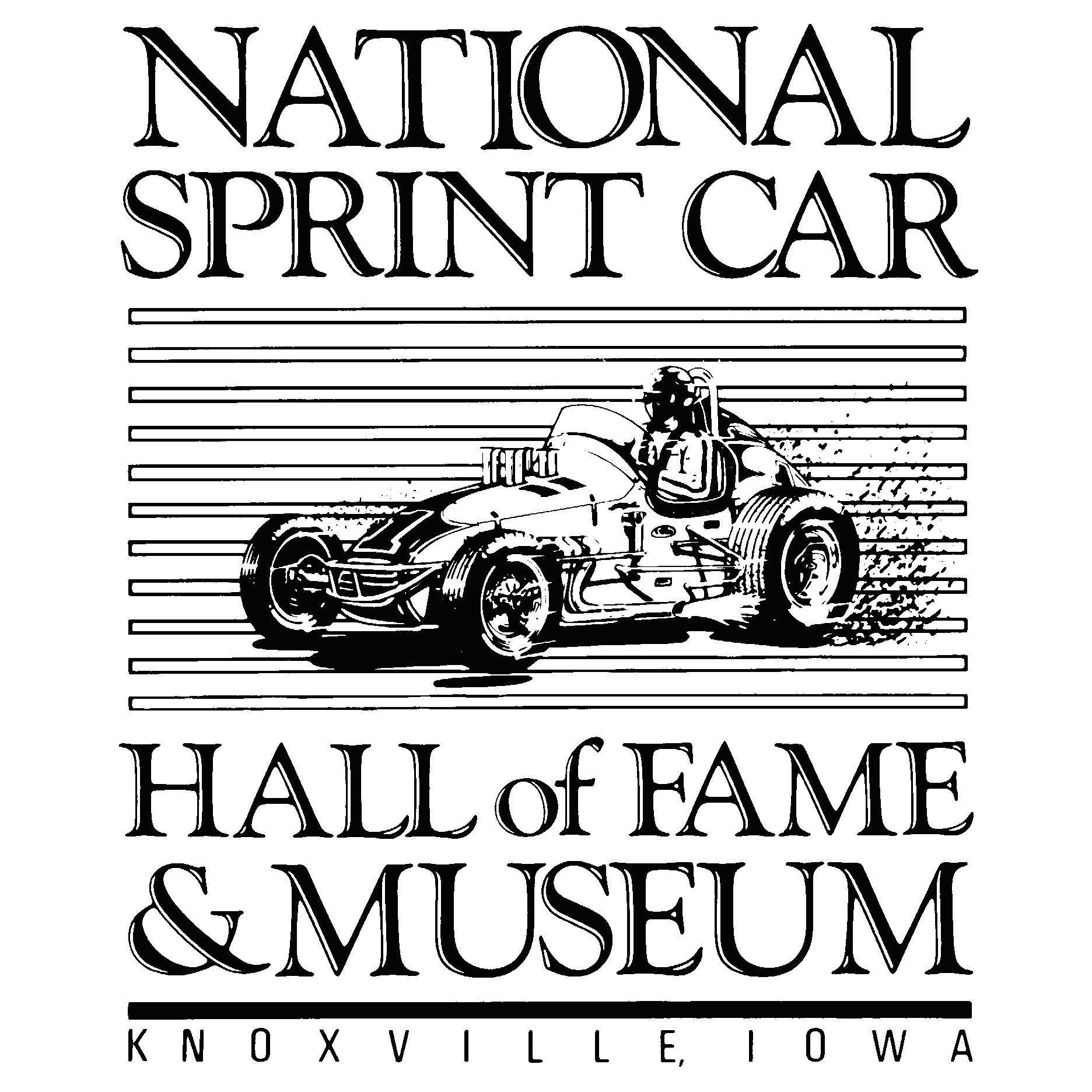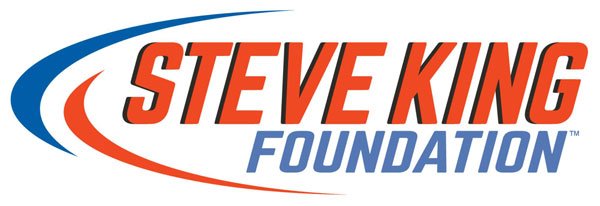Will absence make NASCAR fans grow fonder of Jimmie Johnson?
Photo by Brian Lawdermilk/Getty Images
CONCORD, N.C.—There’s no doubt that Jimmie Johnson will be a first-ballot NASCAR Hall of Famer.
Certainly, the numbers back him up. Seven championships—including a record five straight—and 83 career wins bolster Johnson’s elite status.
Still, the greatest mystery in NASCAR might be why Johnson has never attracted the legion of fans who typically are drawn to an athlete with such a storied resume.
Unlike his fellow seven-time champions, Richard Petty and Dale Earnhardt, Johnson didn’t hail from the Tar Heel State or even from the South—unless Southern California qualifies. The 44-year-old self-described “Jackass from El Cajon” shared the same blue-collar background as both Petty and Earnhardt. But the party boy who evolved into a loving husband and doting father of two daughters never resonated with the NASCAR fan base.
“In my eyes, I think there was a lack of connection with me,” Johnson said. “I think the way I was raised and the way opportunities happened for me—being so structured and so corporate—that was the road I had to take. It created this opportunity for me but I think it hurt the connection point with the fans.
“I feel that I’m now growing into a point where I’m more comfortable to talk and just openly express whatever the hell I’m feeling and not worry about it where I was always, maybe, a bit reserved. And that just didn’t translate well.”
For as humble and accessible as Johnson has been throughout his two decades in the sport, fans haven’t latched onto the driver of the No. 48 Chevrolet. Despite Jeff Gordon advocating for his teammate, despite his meteoric rise to sixth on the all-time win list—one victory short of Bobby Allison and Darrell Waltrip—and despite all of the philanthropic contributions he has made, Johnson’s attraction was lukewarm at best.
Even after winning a seventh championship and securing his standing in the sport, Johnson remained the epitome of political correctness—at least in public.
“Watching Dale (Earnhardt Jr.) come out of his shell, thankfully for the sport, he was always very interesting and articulate and interviewed in a way that captivated the audience,” Johnson said. “He kind of almost had a reverse where now to his social circles, he’s more open and has evolved in that space. I’m kind of coming at it the other way. I’ve been very evolved in my little circle of friends and where I’m comfortable, but forward-facing to the cameras, to the public, just becoming more comfortable in that space.
“That’s where my heart’s leading me. I just lacked that connection. I just didn’t connect when the cameras were on. It’s been crazy. I think it’s on me, honestly. I think there was some comfort that I needed to break through on. It’s just me. I was rewarded for sticking to the corporate message. I had to accept that I had to do that, but I was rewarded and doors kept opening when I played that corporate game just right.
“When I go back to my first days at Chevy, driving in their stadium trucks, I had so many people telling me I was a silver-spoon kid. So I’ve had that thing. Whatever I did, whatever I put off, I’ve had that from the beginning. It’s crazy, just crazy.”
There were no silver spoons in the modest trailer where Johnson grew up outside of San Diego. His mother Cathy drove school buses. His father Gary was a construction worker. Johnson didn’t benefit from a familiar last name that opened doors for him. When it came to motorsports—unlike Earnhardt or his current teammate Chase Elliott—he was self-made.
Elliott holds great admiration for Johnson, who serves as a mentor to his fellow Hendrick racers. The second-generation driver, who inherited NASCAR’s Most Popular driver mantle from Dale Earnhardt Jr., has found Johnson’s advice invaluable.
“I think he does have superstar status,” Elliott said. “It might be in a different way. Frankly, I think the superstar status that he has might be the kind you want because he’s been known as dominating the 2000s and beyond.
“That’s the superstar status that I want, for sure, more so than to just have a dad that raced for years. I want to be like that. Everyone does. That’s my goal, for sure.”
Elliott will not only miss his teammate’s leadership, once Johnson leaves Hendrick Motorsports, but the camaraderie between the drivers.
“He’s a great teammate, and he’s become a great friend of mine,” Elliott added. “Any time someone has had his level of success in this sport has something to say, you definitely want to listen. I’ve enjoyed having him around. I hate that he’s going to be gone. I feel he brings a really important piece to our dynamic at this company—and I hate to see that go.
“We just have to appreciate this last year, enjoy it. A year is a long time. Thirty-eight races is a long time. I’m going to enjoy it. Just to say you raced with probably the best to ever do it is pretty cool, and to have him working alongside you throughout the year is even cooler.”
And like the master painters whose bodies of work were never recognized in their lifetimes, it might take Johnson’s retirement from full-time Cup competition before his contribution to the sport is fully appreciated.

.png)





